
A father with epilepsy who has had seizures at a party, at work and even outside his son’s nursery feels raising more awareness of the condition “could be the difference between someone being here or not”.
Derrick Kay, 36, who lives in High Wycombe, Buckinghamshire, with his partner Bianca, 41, and their five-year-old son, who they wish to keep anonymous, was officially diagnosed with epilepsy after having his first seizure, aged seven.
While it has not been determined what causes Derrick’s epileptic seizures, which often cause him to “pass out” and his body to “shake”, Derrick has pinpointed several triggers, such as a lack of sleep, stress and feeling anxious.
Derrick, who works in customer service for a railway company, has experienced seizures in a host of places, from a university classroom to outside his son’s nursery, and has sustained several injuries as a result, such as cuts on his head and tongue.
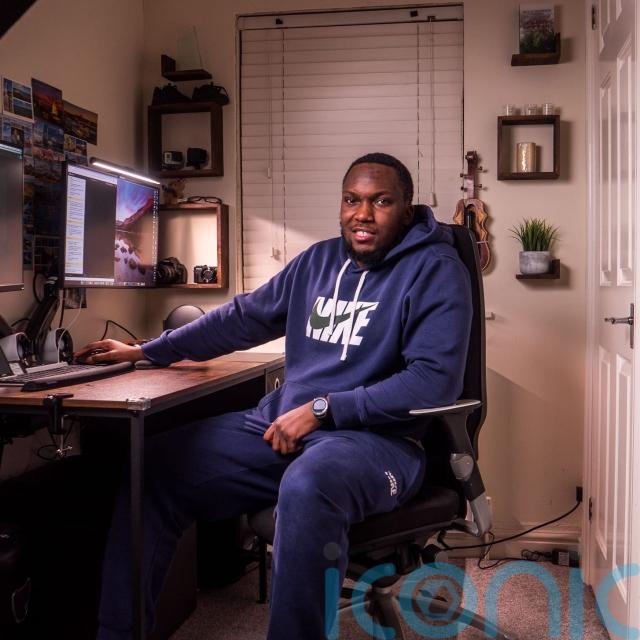
Having learned how to manage his seizures by taking frequent naps or rests, Derrick now wants to raise awareness of the importance of understanding epilepsy – and the vital difference someone can make if they witness a seizure in public.
“I feel the public needs better awareness around epilepsy, learning the basics could be the difference between someone being here or not,” Derrick told PA Real Life.
“Epilepsy is very, very dangerous and there’s so much that can go wrong.
“Someone could hit their head, someone could be in a seizure for too long and suffer with brain damage, or they could die.
“Being aware of the right steps to take when someone is having a seizure can make a huge difference.”
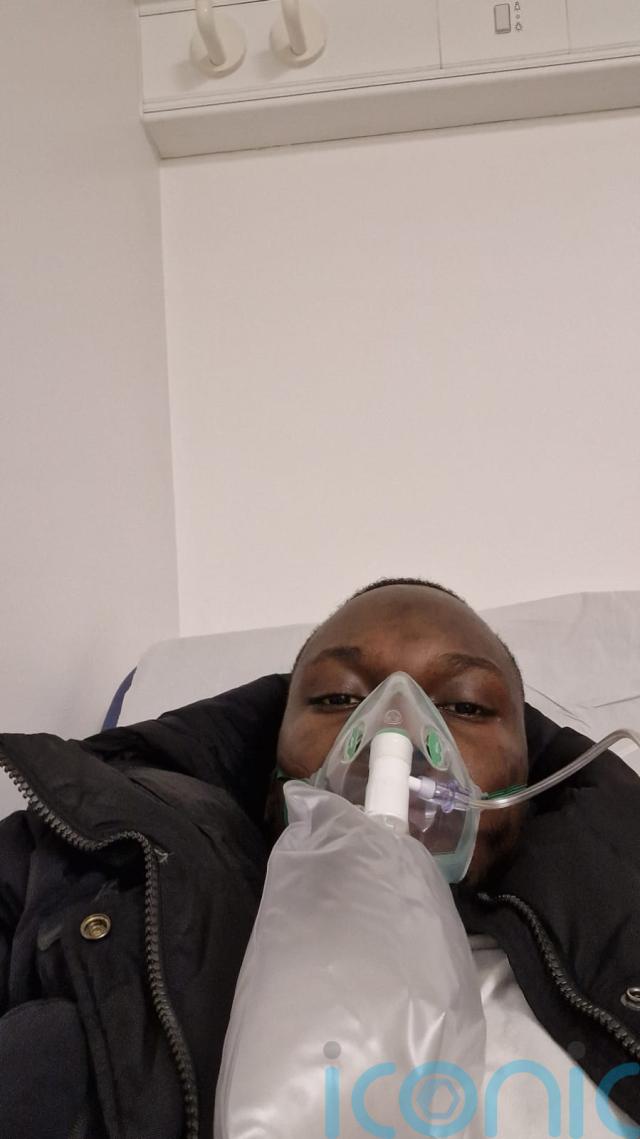
Derrick said he experienced his first epileptic seizure when he was seven years old.
“I was perfectly fine growing up, but one day, I was playing outside with my friends … I remember it like it was yesterday,” he said.
“I was really excited as my friend had just got a new Action Man.
“A few minutes later, I just remember waking up and I had an oxygen mask over my face.
“Everyone around me was crying.”
Derrick said he then continued having more seizures before an MRI scan and further tests revealed he had epilepsy.
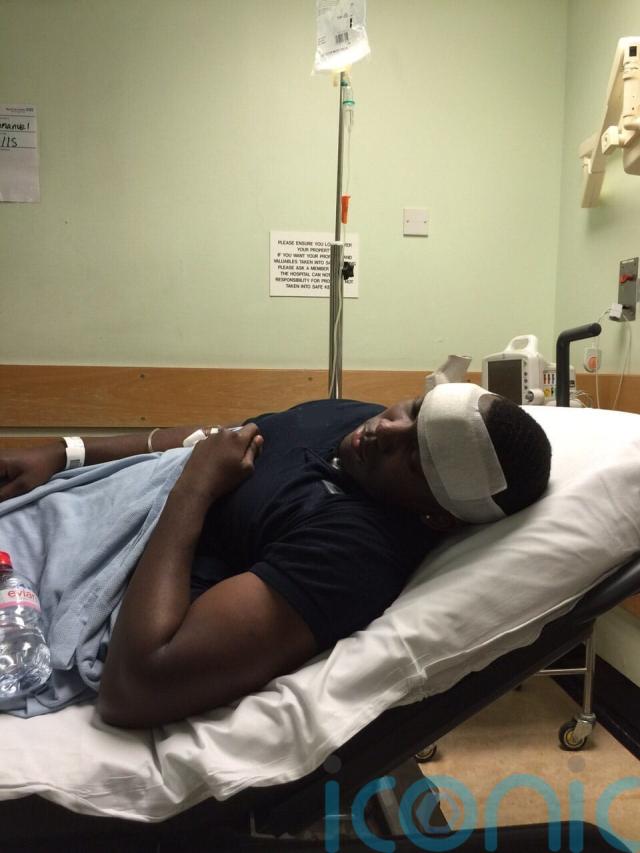
He added it has not been officially determined what causes his seizures, but over the years, Derrick has pinpointed several factors which can result in their occurrence.
“For me personally, it is based around my sleep,” he said.
“If I don’t get much sleep, I feel I’m easily agitated, easily stressed and I feel more anxious – and these are all more triggers.”
Derrick suffers from tonic-clonic seizures, which cause loss of consciousness, where he will “pass out” and his “body will shake”.
His seizures last for around five minutes, he said, but there have been occasions where this has been longer – although he cannot give an exact length of time.
“When I wake up, it takes me a while to come to consciousness,” he said.
“Sometimes I start crying after a seizure or sometimes I get aggressive and lash out – even though I’m awake, I’m not myself.”
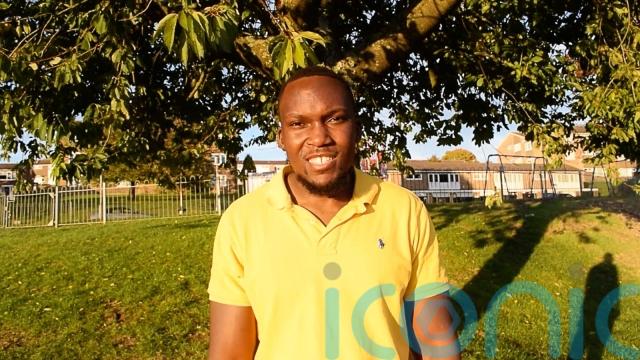
Derrick said he has had seizures in a variety of places over the years, from his university classroom and a party, to outside his house and near a train station.
He has also suffered with injuries as a result of hurting himself during a seizure.
“I’ve cut my head open a few times, I’ve also cut my tongue really badly because your jaw is contracting,” he said.
“Watching someone having a seizure is scary, and it can be traumatising – you might think the person is possessed.”
Thankfully over the years, Derrick has been able to recognise the symptoms of an oncoming seizure, meaning he can get himself into a safe position, such as lying on the ground.
He said he can tell around 15 minutes before, as the symptoms are similar to experiencing anxiety, where his breathing “might go funny” or his eyes “feel funny”.
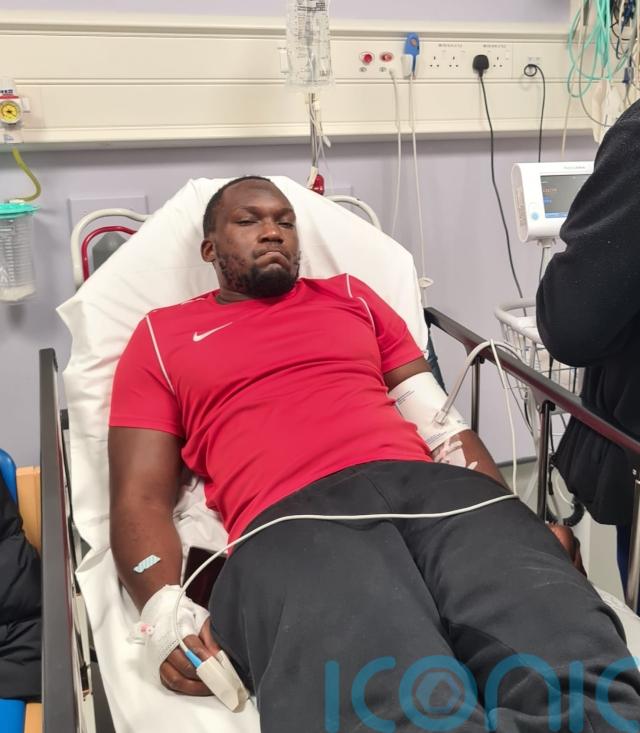
In his childhood and youth, Derrick said his seizures were “very frequent”, to the point they were happening “every two weeks”.
Now, Derrick said his lifestyle has allowed him to manage his triggers – and his last seizure was around a year ago, occurring while dropping his son off at nursery.
“I wasn’t feeling great that morning and I had a few of the symptoms to suggest I was going to have (a seizure),” he said.
“As my son was walking into nursery, I turned to Bianca and said I’m not feeling well.”
Derrick said he tried to remove himself from the area, because he often feels “scared of being judged” about how he will react during a seizure.
“You have no recollection of what happens, you have no idea what you’re going to do and you don’t really want people to see it,” he said.
“It’s just a very vulnerable state you are in.”
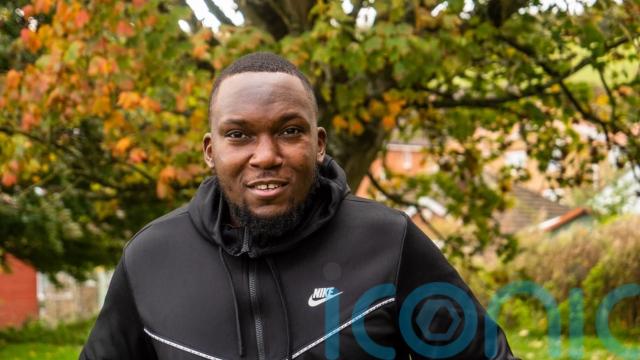
As he was moving away, Derrick said he “blacked out” and woke up in an ambulance.
“For months, I didn’t want to go back to the nursery because you feel embarrassed around the people who have seen you,” he said.
Derrick added he has also left a job in the past because he had a seizure while at work, and he was “too uncomfortable to go back”.
Despite the challenges he has faced, Derrick feels he is “blessed” because his epilepsy is “manageable” – but he added there are “lots of things” he needs to do to achieve this.
He now concentrates on a combination of getting a good night’s sleep, taking naps or rests throughout the day and using medication – taking tablets twice daily.
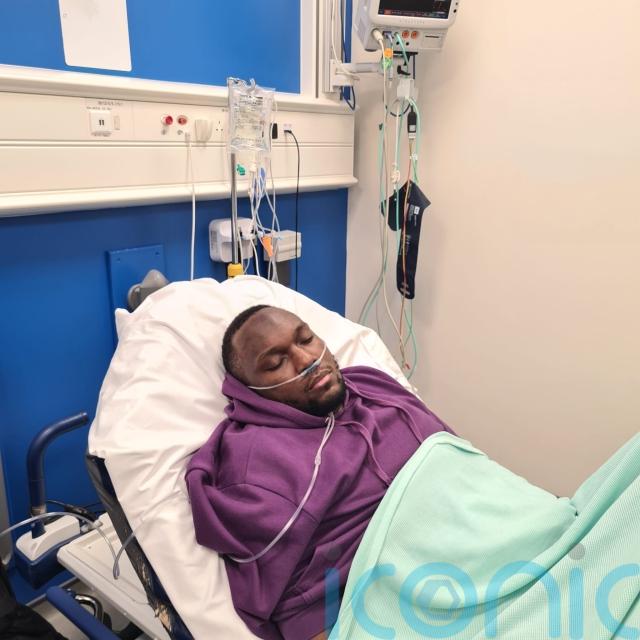
As a father, however, Derrick said he “worries” about his son inheriting his epilepsy.
“You’re just hoping he won’t inherit it and go through what I had to go through as a child,” he said.
“As a parent, I start to realise what my parents had to go through – going to hospital all the time, not knowing whether your child is going to be here the following day.”
Derrick is sharing his story as part of the ‘Could I Count on You?’ campaign from Epilepsy Action, a UK-based charity dedicated to supporting people with epilepsy.
The campaign aims to create a more supportive and safer environment for the 630,000 people with epilepsy living in the UK.
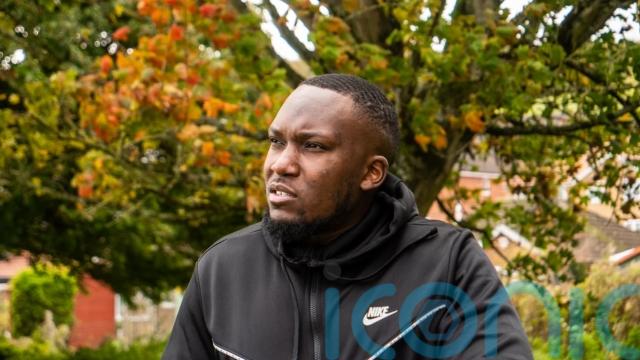
As part of this, the charity released new research this September, which suggested 54% of UK adults would not know what to do if they witnessed an epileptic seizure in public.
Derrick said he is “so happy” to be a part of the campaign, and he highlighted the importance of following the charity’s CARE acronym to support someone having a seizure – comfort, action, reassure and emergency.
“I would just stress the importance of the public being involved when someone is having a seizure,” he said.
“Hopefully, we can bring more understanding around the subject, make more communities aware and create a safer environment.”
For more information, visit Epilepsy Action’s website at: epilepsy.org.uk.
Subscribe or register today to discover more from DonegalLive.ie
Buy the e-paper of the Donegal Democrat, Donegal People's Press, Donegal Post and Inish Times here for instant access to Donegal's premier news titles.
Keep up with the latest news from Donegal with our daily newsletter featuring the most important stories of the day delivered to your inbox every evening at 5pm.